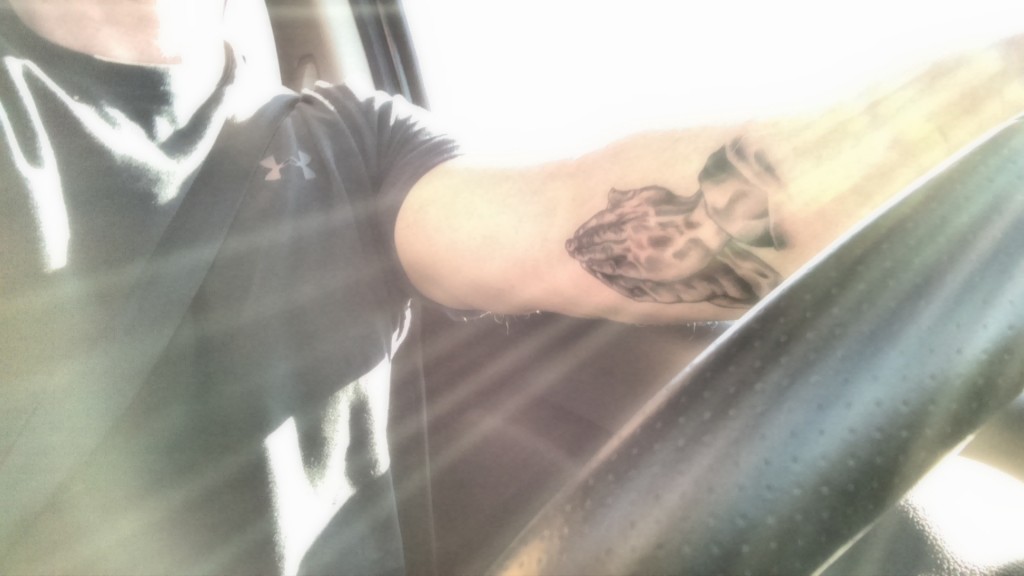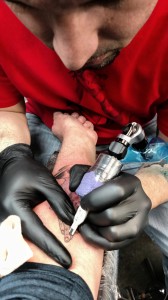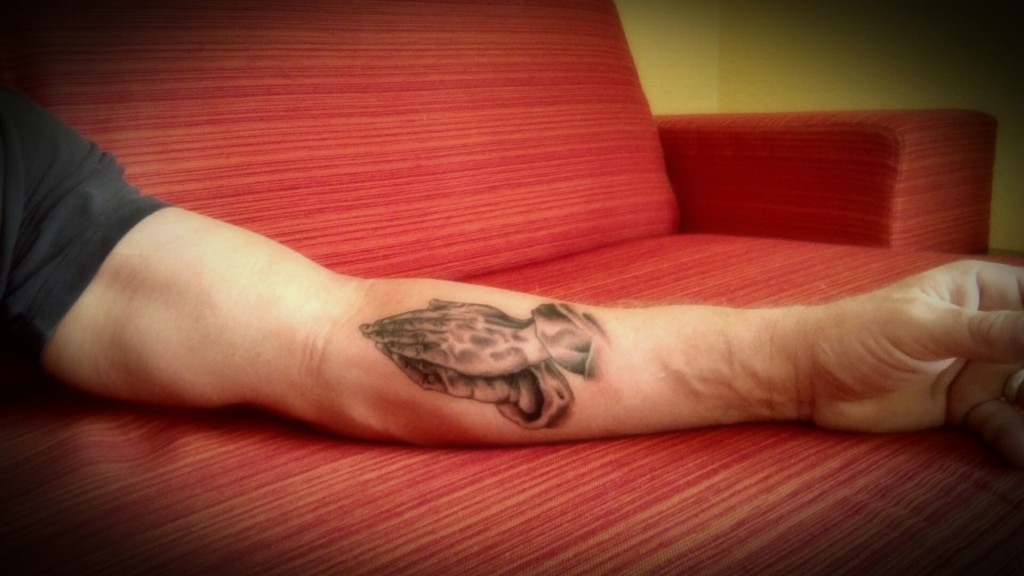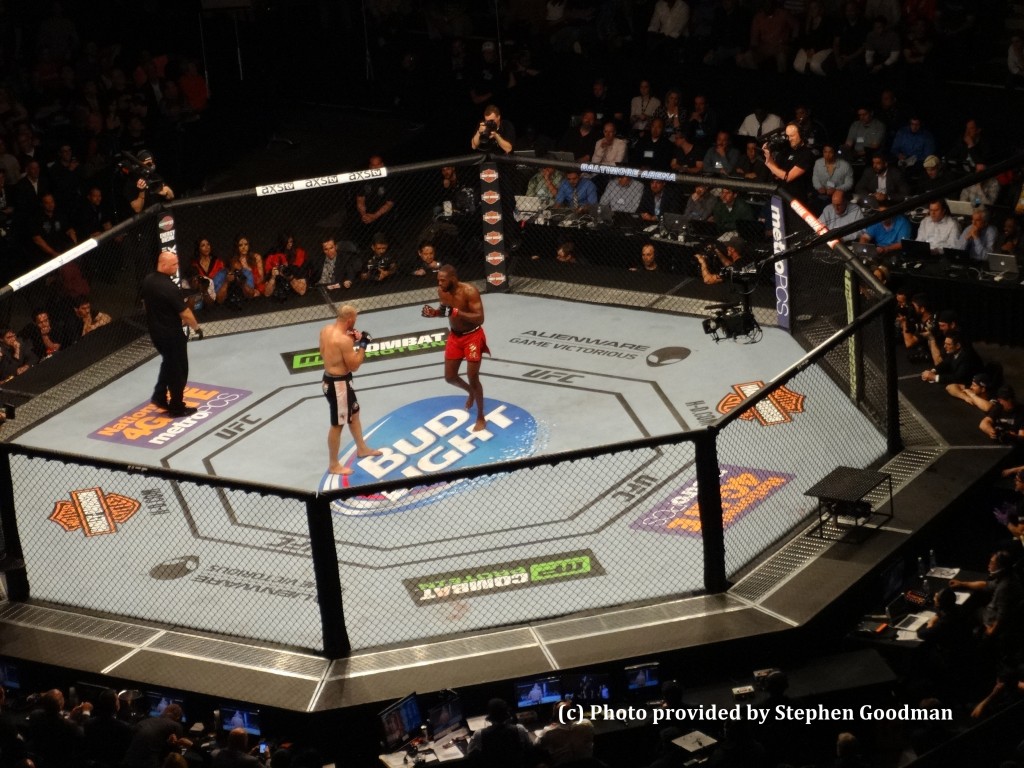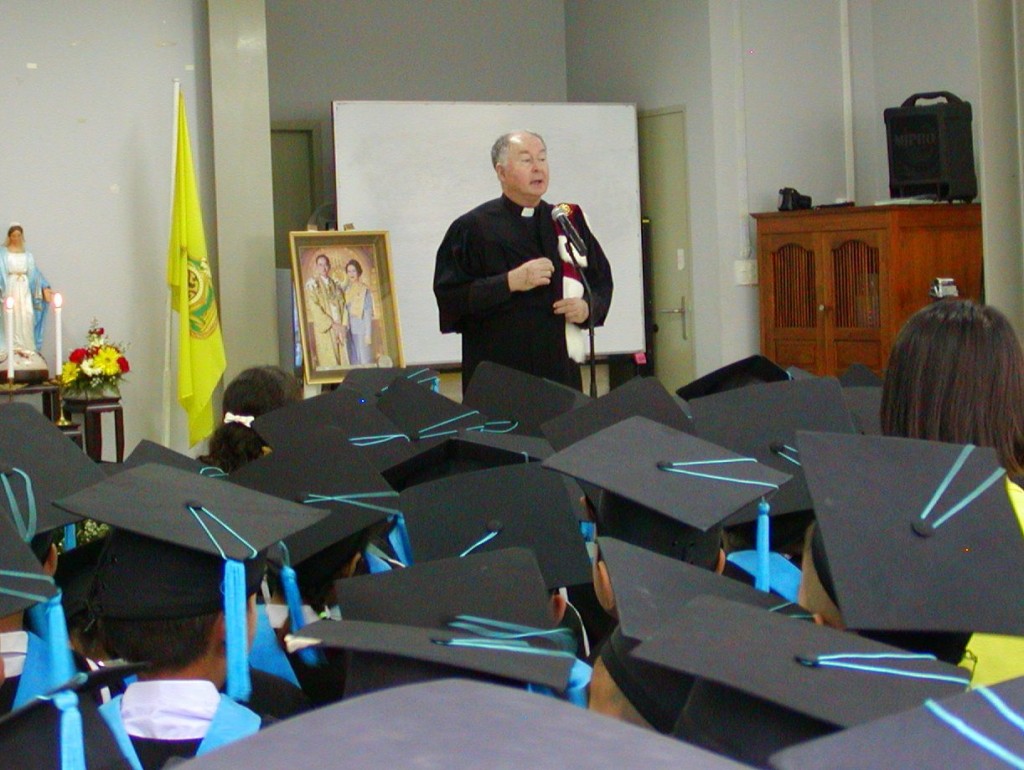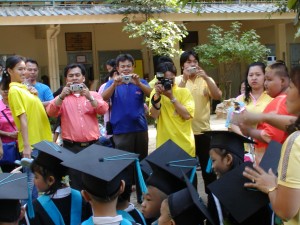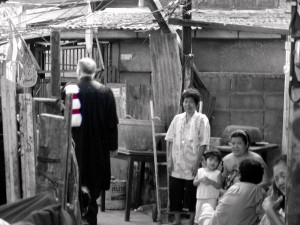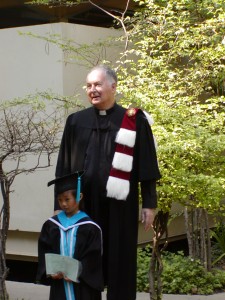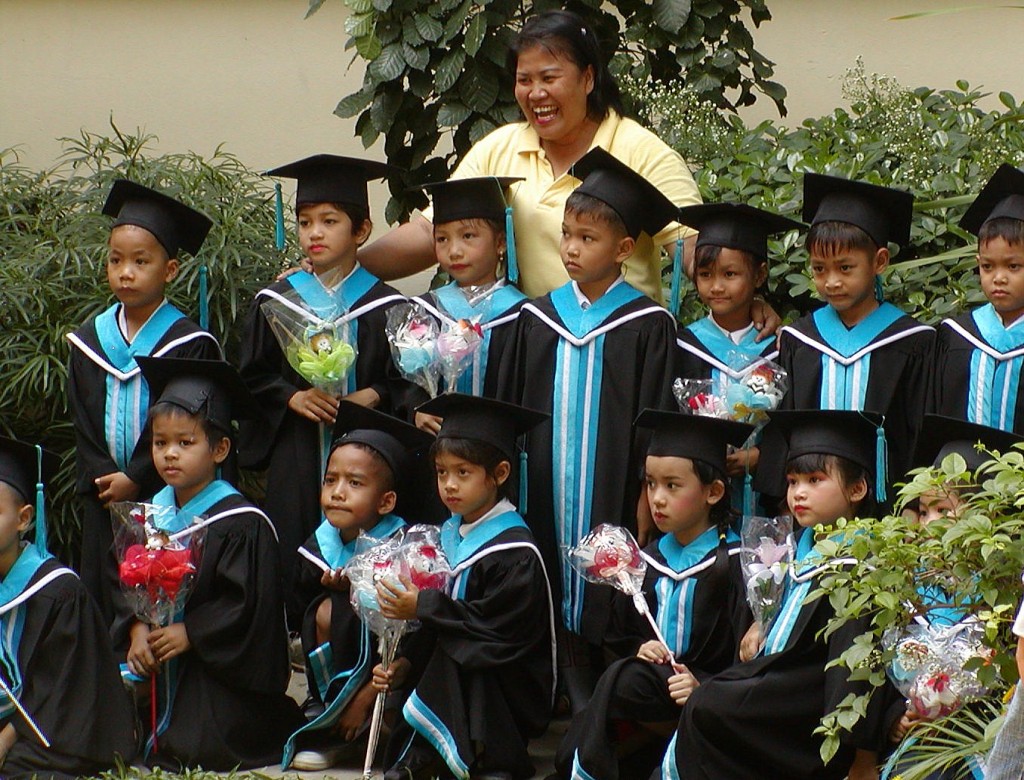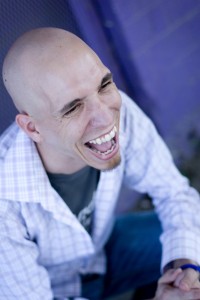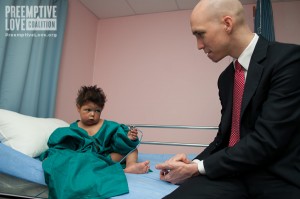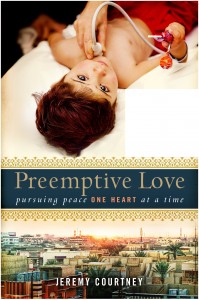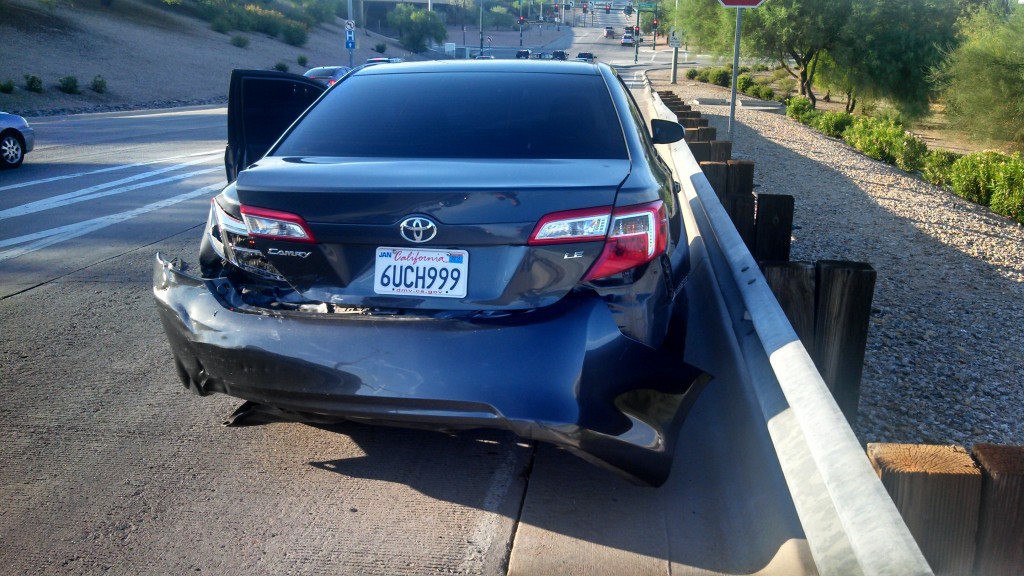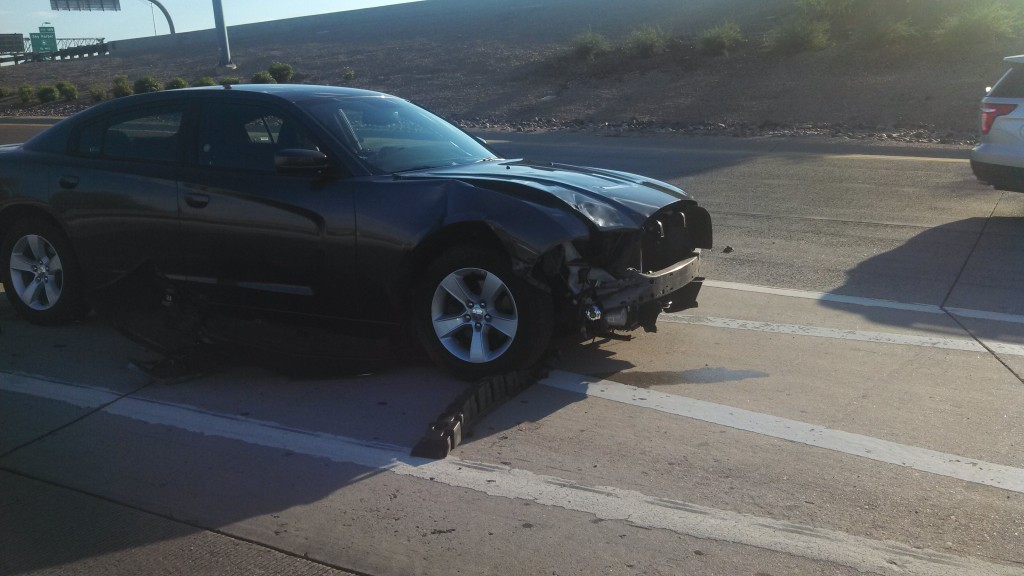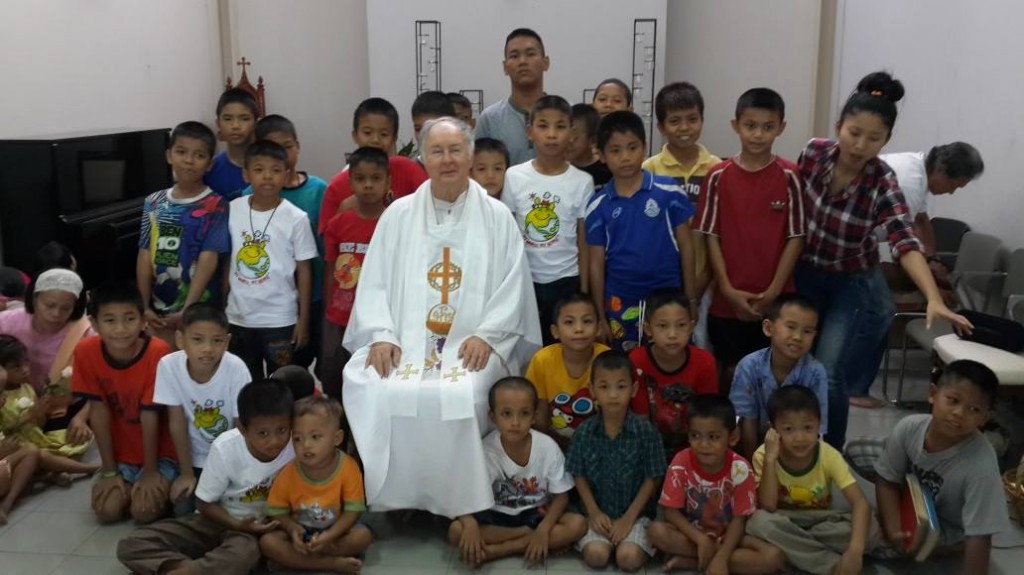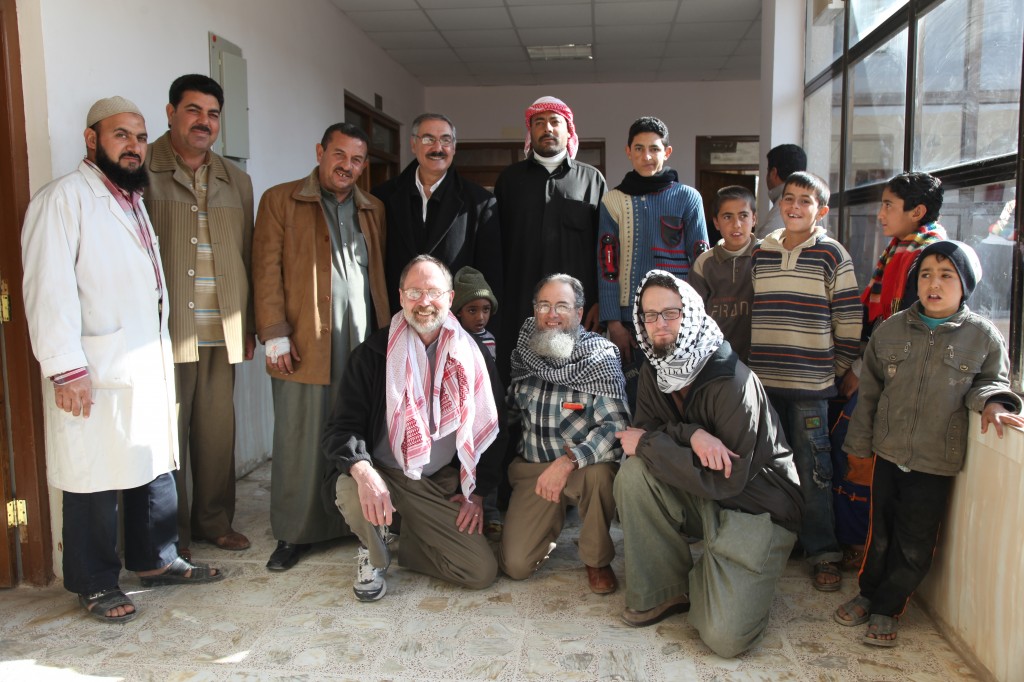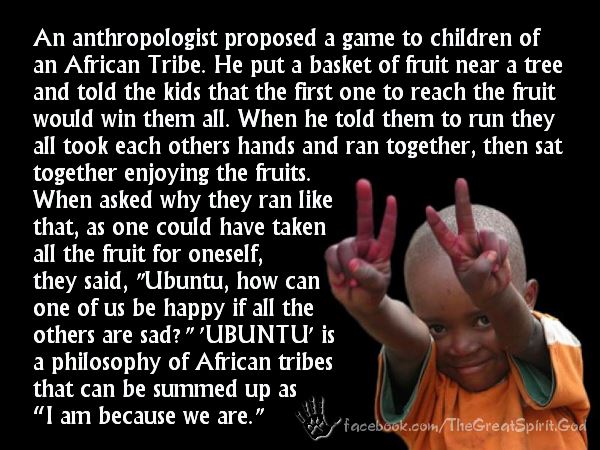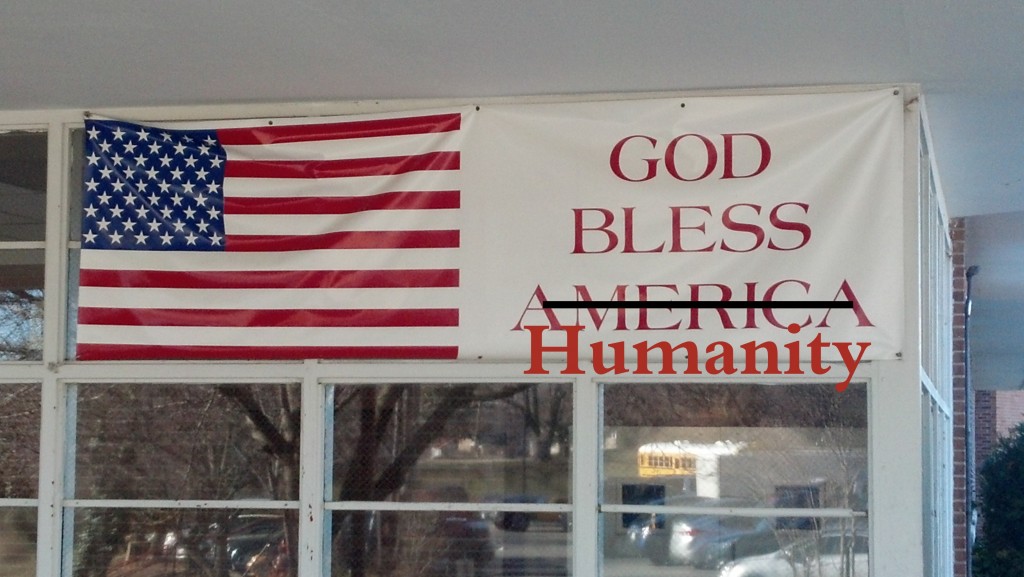
READ HUFFINGTON POST VERSION OF THIS COLUMN (aka Blog) HERE
A friend of mine on Facebook lists as his Religious Views this:
“I don’t know and you don’t know, either.”
Exactly.
By some definitions (Merriam-Webster for these purposes) faith is “a firm belief in something for which there is no proof.” Protestant faith, Catholic faith, Islamic faith, Jewish faith, your faith, my faith, devout faith, waning faith, it all springs from the same mindset. Uncertainty. Religious belief requires a “strong feeling” that something is true or real. That’s Macmillan. And no matter the strength, feelings are not the same as facts. (For example, President Dubya could feel in his gut that Iraq had storehouses of WMD.) You can preach, scream and swear on your mother’s grave that your interpretation of, say, sixty-six books of translated ancient text is literally true and God-inspired, but that’s still just your belief.
And you might be correct. I believe that you are correct about many parts. But I don’t know. And you don’t know, either.
So it is mind boggling to me why some fundamentalists continue packaging their beliefs as The Truth. Always singular, forever uppercase. The Truth silences debate and discussion; it seeks no additional enlightenment or maturity, and, when confronted with biblical contraction it just shrugs its broad shoulders. To The Truth “biblical contradiction” is a contradiction. The Truth is the final and omniscient word. Thus sayeth The Truth. If something reads like a contradiction to you than you aren’t interpreting it properly. “He that hath ears to hear, let him hear.” (Mark 4:9)
End of story.
Oy vey.
I write nonfiction, emphasis on the first syllable. As best as I can research, recall and later retell, the anecdotes in my books are entirely true; the quotes verbatim. If spoken words aren’t firmly planted in my memory, notebook, voice recorder or captured on film, they do not reside inside the hallowed quotation marks. Period. I’m a stickler for research. It’s why 69 pages of end notes complete my latest book, “The Gospel of Rutba: War, Peace, and the Good Samaritan Story in Iraq.”
This Rutba book is built on an amazing and little-known Iraqi wartime anecdote, and to some fundamentalists the story can trigger a hiccup in The Truth. They might even dismiss it by placing emphasis on nonfiction’s last two syllables. But the truth is this: During the invasion of Iraq in 2003, as a Christian-majority nation was dropping on average 941 bombs per day on an Islamic Republic, Iraqi Muslims from an embattled desert town saved three bloodied and broken Christian Americans. Rescued them from an overturned car, carried them into town, bandaged them in a barren clinic, stitched them, hugged them, and, even, refused payment. This all occurred on March 29, 2003, just three days after Special Forces accidentally bombed the town’s only hospital. I’m not speculating or translating or interpreting these events. They’re not part of my <em>belief system</em>. These are facts. Just as this is:
The Good Samaritans in the story of Rutba are Muslims. Forgiving, loving, compassionate, Allah-fearing Muslims.
In a profound way these Iraqis put into practice the lessons that Christians (fundamentalists and non-fundamentalists) are said to revere: do unto others as you would have others do unto you; treat your neighbor as yourself; turn the other cheek; love your enemy; and etc. All the important stuff that terrorists and warmongers frequently ignore, forget, or, maybe, never fully learned.
Turns out The Truth isn’t always sure what to make of this story. The Good Samaritans of Iraq sound like a contradiction. Like “Christian Muslims” or something. This muddles the proprietary narrative.
I’ve another friend on Facebook who’s an evangelical minister. A good, kind-hearted guy from everything I know. When I asked if I could bring the story of these Muslim Good Samaritans to his Church of the Nazarene congregation, he balked. In an email he responded:
“The challenge is to allow Christians to maintain their evangelism (ie: presentation of Jesus as the way, truth and the life, we are to make disciples). All while engaging in a world view that all men are children of GOD. I wonder if your message will allow for that. Love and compassion are Godly traits, not traits expressed by religions.”
I wholeheartedly agreed with his last sentence but questioned the wisdom of the first. Why would fundamentalists need to be allowed to maintain their evangelism? The Truth as packaged by fundamentalism is solid, immovable, omnipotent. Not fragile. But I assured him that my talks are not theology per se and should not be seen as a threat.
“These are true stories,” I wrote. “Listeners/Readers take away whatever resonates for them.”
I reminded the pastor of the New Testament verse (Mark 4:9) that some fundamentalists use to mute debate. It’s where Jesus explains why he delivers lessons in parables, like Morse code for the enlightened.
“And he said unto them, He that hath ears to hear, let him hear.”
I’ve not received a response to that email.
At the start of a recent speaking tourfor the paperback edition of “The Gospel of Rutba,” I was invited onto a Christian radio talk show that is broadcast on The Truth Network. Singular, uppercase. I was one of three panelists discussing our books and other works, and toward the end of the show we were each asked to tell about our Come-to-Jesus moment. If you were raised in the South and went to church every Sunday as I did, you know what that means. Your Come-to-Jesus moment is the epiphany when you saw The Truth— the flash of realization that belief in Jesus (and all the baggage that religion saddles on him) is the only way to eternal salvation.
The question presumed far too much. I felt like a kid squirming in the hard pew of my Baptist upbringing. I told The Truth Network of how I’d been dunked in the baptismal of my town’s First Baptist Church at age seven or eight. And how, as soon as I’d changed into dry clothes and accepted my bounty of hugs, handshakes and back pats, my father kept his promise. He took me to Dairy Queen. But, I continued, my true spiritual awakening had been fired by something far more nourishing than a large chocolate malt. Any epiphany from my youth had only gained meaning and maturity after I’d traveled the world as a news reporter. In some of humanity’s bleakest corners (e.g., the slums of Bangkok where Christians, Buddhists and Muslims work together to help the shantytown poor; the western desert of Iraq where Muslims rescued Americans) I had seen how anyone of any faith (or of no faith) could breathe life into Jesus’ lessons and parables. The Truth doesn’t own God. As a wise slum priest working in Bangkok once told me, God (or Allah or Whomever) is like the rain and sun. H/She falls to everyone.
Evidently there is no place in The Truth (or on The Truth Network) for that kind of nonsense. The host felt pressed to confirm that I was, in fact, a fully indoctrinated member of his Christian fraternity. He gave me the modern-day fundamentalist litmus test.
Yes, yes, he said, allowing the Rutba story a begrudging nod, but you have to admit that the Muslims have gone astray, and until they accept Jesus Christ as Lord and Savior they will spend eternity in hell.
I questioned what he meant by “gone astray.” I recounted how a Christian-majority nation invaded an Islamic nation by dropping close to 1,000 American-made bombs per day on it. I reminded him of the Muslim Good Samaritans who had exemplified the best parts of the New Testament. The rescue, the forgiveness, the stitches, the love.
The interview turned awkward and we parted ways agreeing to disagree.
The Church of the Nazarene minister who declined my offer to speak to his congregation responded last week to a story on my Facebook page. It was about President Obama’s counter-terrorism speech and the need to close the US prison on Guantanamo Bay. Since 2002 it’s been used to skirt international law while the US detains and interrogates (or tortures) “suspects” in Washington’s war on terrorism. More than 100 of the camp’s 166 detainees are currently engaged in a hunger strike to protest years of indefinite detention without formal charges, and more than 30 prisoners are being force-fed.
“History will cast a harsh judgment on this aspect of our fight against terrorism and those of us who fail to end it,” Obama said last week. “Imagine a future — 10 years from now or 20 years from now — when the United States of America is still holding people who have been charged with no crime on a piece of land that is not a part of our country. Look at the current situation, where we are force-feeding detainees who are holding a hunger strike. Is that who we are? Is that something that our Founders foresaw? Is that the America we want to leave our children?”
The evangelical minister said yes.
“Guantanamo is the most humane thing we can be doing. It is who we are and it is who we should be. (Obama’s) speech had nothing to do with us and everything to do with who The President is. He uses our grace to enrich his power, that is all.”
Later, after some Facebook backlash, he clarified his beliefs: “We don’t create terrorists. They are a product of hatred which is a product of GODLESSNESS.”
I countered this Truth the only way I know how. With more truth as best as I can research, recall and retell it.
“In my travels and reports terrorists are also known as warmongers,” I wrote. “I guess it all depends on your perspective and nation of residence. As you say, terrorism might be a product of hatred and Godlessness … but it is in my opinion most definitely a product of fear and anger.”
I explained with this story:
In Basra in 2003 I met an Iraqi preschooler and his school-teacher mom several weeks before the US-led invasion of Iraq. Four years earlier, in 1999, a US missile had gone astray in a Clinton-era no-fly-zone bombing near Basra. Mustafa, then age 4, and his brother, Haider, age 6, were outside playing when the bomb missed its target. It killed Haider and badly injured Mustafa. When I first met Mustafa he was missing two fingers and had more than thirty pieces of shrapnel embedded in him. One piece, the size of a knuckle, was near the base of his spine and caused him considerable pain when he walked.
About two months later, in April 2003, I met Mustafa and his mother again. This time in Ontario, California, a suburb of Los Angeles. They had been brought to the U.S. with the help of US Christian peacemaker Kathy Kelly, actor Sean Penn and several others. In California, Mustafa would receive free surgery and medical treatment. When I visited him and his mother in Ontario, they were living large compared to where they’d been living in Basra. His borrowed townhouse outside of L.A. was gorgeous, and the streets around it were trimmed and cleaned. He had all the comforts of a prosperous Western life. He smiled a lot, much more than when I’d met him in Basra.
On Mustafa’s eighth birthday his new neighbors, kind middle-class Americans, pooled their money and bought him a bike. A local newspaper reporter later interviewed him and asked a question that prompted an awkward but telling response.
“What would you like to be when you grow up?”
Mustafa answered from his heart while his mother translated.
“He said he wants to be a pilot,” Mom told the reporter.
Makes for a good script. The Iraqi boy who lost his brother and two fingers to an American bomb comes to California for healing, and now he wants to be a pilot. Hollywood endings. Except his answer hadn’t ended there.
When I visited Ontario that same spring the mother told me that she had not translated Mustafa’s entire response. Maybe because she knew me or because Kathy, myself and others had shared a meal with her and her Iraqi soldier husband on the floor of their concrete home, she felt comfortable telling me the fuller truth. Mustafa, a little boy living in the cross-hairs and harsh consequences of the US military industry, had said this about his career path:
“I want to be a pilot when I grow up so I can fly a plane and drop bombs on Americans.”
Why wouldn’t he? Angry and frightened, much like the US after 9/11, he was declaring war on terrorism.
My evangelical minister friend responded with his hands over his ears.
“Let him who has ears hear. Godlessness is Godlessness. Those who don’t understand that do not have the ears to hear or the eyes to see.”
